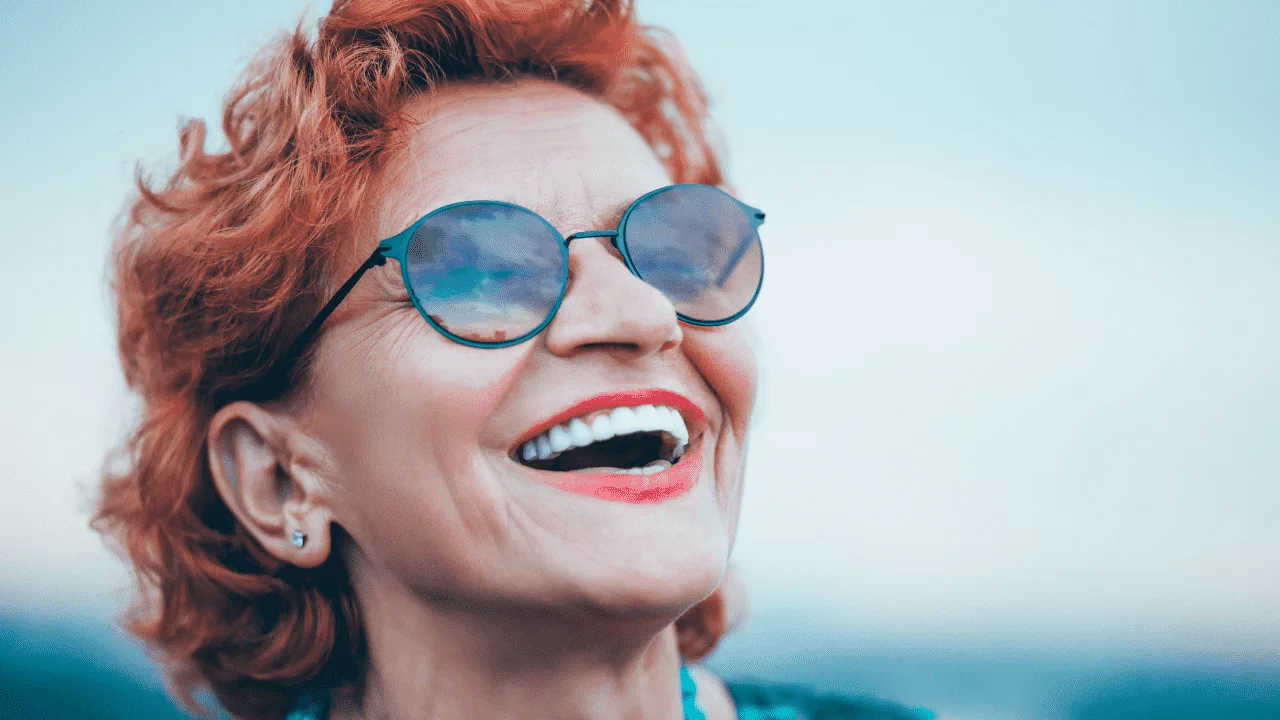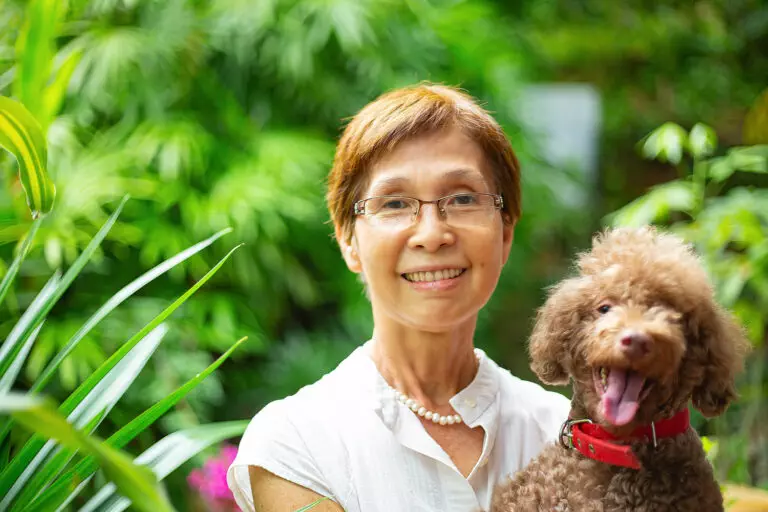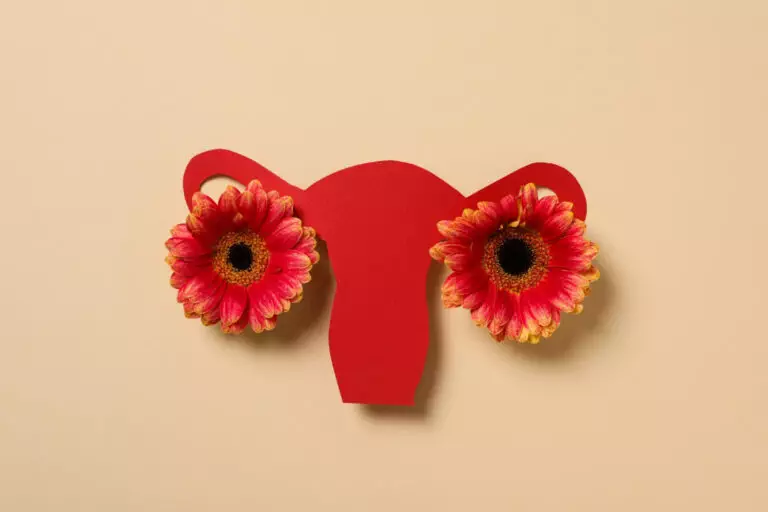This article is written by Spiced Pear Founder Dr Angela Sharma and was first published as a guest article on Gen-M
It is well documented these days that women are living much longer than previous generations. In fact, women will spend a third of their life in these latter years which incorporates the stages of the menopause, post-menopause and then older age. It is vital to have good health during this phase to enjoy all the benefits this stage of life has to offer.
I find myself spending a lot of time with women in this latter stage of life as an NHS GP in London running menopause clinics as well as doing care planning for patients over 65. During these clinics, I have the luxury of spending an hour with these lovely ladies and getting to know them, their lifestyle habits, their beliefs, their past medical history, stories about their lives and what they did. One thing that has always struck me is the vast difference between women with good health in old age and those with poor health.
It made me wonder what were the reasons for the difference in women getting to that stage of life and either doing so well or doing poorly when it comes to health. After five years of doing these detailed reviews, I have come to realise that the women who had good health had certain traits, habits and outlook on life or had made certain choices earlier in life. These findings were consistent across all the women I met who were doing well.
They were women who had a positive outlook on life and were the ones who always saw the glass as half full. They were conscious about their diets and ate moderately with little snacking and had well balanced diets with the occasional treats and not the other way round. They were women who had incorporated exercise into their life or were active walkers and enjoyed the exercise they did. They were socially active and were either still working or had joined groups or met regularly with friends or family and had good social connections even embracing the zoom calls in lockdown. They were the obvious non-smokers or drank very little, not every day and had surprisingly always had their annual flu jabs! Of course, these are the things we know already that lead to good health but the most important observation for me was that amongst this group of women a large number had chosen to have HRT or if not, had made conscious efforts to look after their bones. They were the ones that stood up straighter and didn’t have that curved spine so common as we get older due to osteoporosis. These women had stronger bones and seemed to have more energy and a zest for life and so were more likely to be active and exercise and take better care of themselves. Some of them were still on HRT and told me they were never going to stop it no matter what anyone said because that’s how good it made them feel. Sadly, there were the all too many stories as well of women telling me how they wished someone had talked to them about menopause and were never given the chance to discuss anything about it and had had to suffer it silently.
The difference between these women was in the good bone health and their activity levels – one of the most important determinants for good health in older age. Poor bone health – the condition of thin, fragile bones that are susceptible to break is called osteoporosis and the most common sufferers are post-menopausal women. One in three women will suffer from an osteoporotic fracture in their lifetime which at an older age can be devastating for their long-term health. It can lead to a period of hospitalisation, permanent disability or reduce their mobility long term and their autonomy which in turn can make them depressed and affect their mental health. They feel anxious to go out for fear of further falls and this reduces their activity further and it can reduce their lifespan.
Our peak bone age, when our bones are the strongest, occurs as the bones grow during the teenage years and reaches its highest levels in our 30’s. The bones stay strong for some years and then bone strength starts to decline around our mid 40’s. As women enter the menopause and with the loss of oestrogen the bones start to get thinner at a faster rate of 2% annually. It then slows down a few years after the menopause to 1-1.5% per year and then continues at a slightly slower rate. Some women with a very early menopause (either naturally or after certain gynaecological surgery or chemotherapy) will be at a higher risk of osteoporosis: they need to place even greater importance on their bone health. All women need to be informed about this accelerated loss of bone during the menopause and be proactive to counteract it to keep themselves healthy for their older years.
What can women do to keep their bones strong?
- Stop smoking – smoking is one of the risk factors for osteoporosis as well as a host of other conditions that can affect your long-term health.
- Avoid excessive alcohol – more than 3 units per day increases your risk of bone loss, as well as increasing the incidence of other issues, like breast cancer.
- Make sure you include adequate calcium in your diet- this is the basic building block of bones. For most women, who eat dairy products daily, this will be fine – but those that are on vegan diets can get it from other sources such as green leafy vegetables like broccoli and spinach, dried fruit, baked beans, nuts and soya beans. For those that are not on vegan diets salmon and sardines are also a good source. 700mg daily is the usual dose but 1000-1500mg per day for those at higher risk of osteoporosis.
- Vitamin D – this is essential for helping the calcium get built into strong bones. There are three sources of this vital vitamin: sunshine, supplements and a few foods. Spending 15-20 mins a day in the sun exposing a reasonable body area such as arms, face or legs is all you need for the skin to make vitamin D. Take care not to burn. Make sure you go outside to get the sun – it doesn’t have the same effect through a window. The best times are from midday, during May to October. There are also numerous vitamin D supplements you can buy from any pharmacy: 400 units daily is the usual recommended dose. Foods that contain Vitamin D include egg yolks, mushrooms, oily fish like salmon and sardines, cod liver oil and some foods that have been fortified with Vitamin D like cereals and margarines.
- Exercise – regular weight bearing exercises where you support the weight of your body can help stimulate the growth and strength of bones. High impact exercises include running, aerobics, skipping and tennis and low impact exercises include walking, dancing, stair climbing. The type of exercise you can do depends on your fitness level and other health issues so take it slow and build up gradually. Aim for 30 mins a day. Any muscle strengthening exercises will also help to keep the muscles around the bones strong and keep the joints working well, and help prevent falls in later life.
Hormone replacement therapy (HRT)- not all women can have HRT, and its use should be discussed with a doctor after careful consideration of each woman’s health risks and family history and a discussion of risks and benefits to the individual. The best place to start is with a doctor with a specialist interest in menopause. HRT replaces the oestrogen which is lost during menopause causing the bones to thin. There are a variety of ways of taking it: gels, patches, sprays, pellets and tablets. HRT has been shown to preserve bone strength and reduce the risk of osteoporotic fractures in women over the age of 50. Most of the bone benefits are seen after taking it for more than two years. Many women are not keen on HRT but they should not dismiss it until they have understood the full facts around it and have had a discussion of their individual risk with their doctor. It is often a much lower risk than they realise, and they are often not aware of its other health benefits.
Women going into menopause under the age of 50 are generally encouraged to replace their hormones with HRT until at least the natural age of menopause: this forms part of the NICE guideline to help prevent osteoporosis in these women.
- Other medical treatments – bisphosphonates and other drugs. These drugs can help strengthen your bones and reduce your risk of fractures but are usually started once you have already been diagnosed with osteoporosis. This is usually done via a DEXA (Dual Energy X-ray Absorbtiometry) scan. Most women who can’t take HRT or have had cancer and have osteoporosis can be treated with these medications. There are different drugs and different ways to take them so talk to your doctor for more information.
For women going through the menopause, it is a great time to take stock of your general health, lifestyle, exercise and diet and how you look after yourself. Start thinking about what you want your health to look like as you age. Having a good informed discussion with your doctor at this stage, and talking through all the options of how to improve your general health, manage your menopause symptoms and discuss all options available to help you is vital. Actively planning for your long-term health will allow you to enjoy your latter years and be much more likely to stay in good health.
Sadly, there are no routine checks for women in the NHS at this crucial stage in life despite the enormous benefits it would bring for them. I would therefore encourage all women to get educated about the menopause, to take charge and go discuss these issues with your doctor. If they don’t listen – find a doctor that does there are lots of menopause specialists out there that want this area to improve. I am sure every woman on the post-menopausal side would look back and tell her younger self to start early and look after your bones and your general health Don’t be one of those women who ends up saying that she wishes someone had talked to her about menopause.






